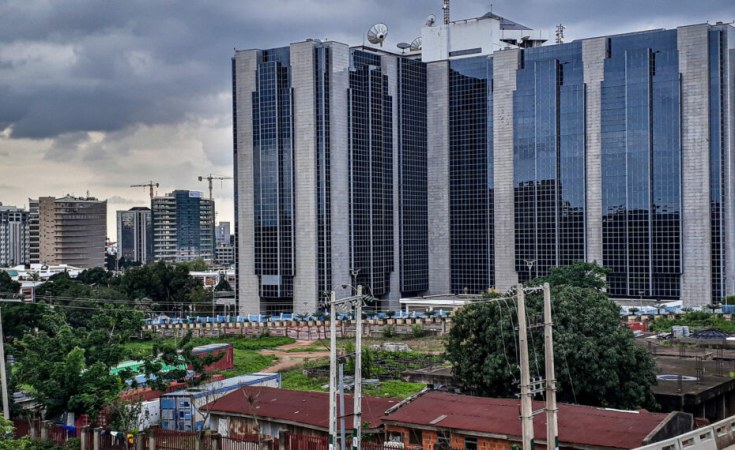The CBN recently completed the payment of $1.5 billion
The Central Bank of Nigeria (CBN) on Wednesday announced it has cleared all 'valid' foreign exchange backlogs.
This move, announced by the bank's Acting Director of Corporate Communications, Hakama Sidi-Ali, comes as a decisive step towards restoring confidence in Nigeria's economy.
According to her, the CBN recently completed the payment of $1.5 billion, effectively settling the remaining balance of the FX backlog owed to bank customers.
She said the process underwent meticulous scrutiny by independent auditors from Deloitte Consulting, ensuring that only legitimate claims were honored. Any questionable transactions were promptly referred for further investigation, she said.
"We made clearing the FX backlog a priority to restore credibility and confidence in the Nigerian economy.
"It was important that we go through an independent and credible process that would determine the authenticity of those obligations, and, at this point, I can tell you that we have now cleared all genuine, verifiable transactions. This encumbrance to market confidence in the country's ability to meet its obligations is now totally behind us," the statement quoted the CBN Governor Olayemi Cardoso as saying in a recent meeting.
She said the clearance of the backlog of foreign exchange transactions is a component of the comprehensive strategy outlined in the previous Monetary Policy Committee meeting held last month.
This strategy, she said, aims to stabilize the exchange rate, which in turn helps to mitigate imported inflation and boost confidence in both the banking system and the overall economy.
Mr Cardoso utilised the MPC meeting and a subsequent conference call with foreign portfolio investors to establish expectations of ongoing growth in Nigeria's foreign currency reserves and enhanced liquidity within the foreign exchange market.
The CBN also disclosed an increase in the country's external reserves, noting that as of 7 March, the reserves reached $34.11 billion, the highest level in eight months.
It said the rise was primarily driven by an uptick in remittance payments from Nigerians abroad and heightened purchases of local assets by foreign investors.
Background
The CBN Governor Olayemi Cardoso had earlier disclosed that the bank uncovered invalid foreign overdue claims totaling $2.4 billion, which pressured the naira for a long time and spooked the currency market.
Deloitte was hired by the CBN to investigate the claims, revealing $2.4 billion of the backlog as false claims due to missing import documents in some cases.
"We had had reasons to believe we needed to take a harder look at these obligations. So we contracted Deloitte management consultants to do forensics of all these obligations and to actually tell us what was valid and what was not," Mr Cardoso said.
"The result that came out of this was startling in a great respect. It was startling. We discovered that of the roughly $7 billion, about $2.4 billion had issues, which we believe had no business being there and the infractions on that ranged from so many things, for example not having valid import documents and in some cases, entities that do not exist.
"There were account parties who had asked for foreign exchange and got more than they asked for. There were some who didn't even ask for any and got. So there were whole loads of infractions there."


